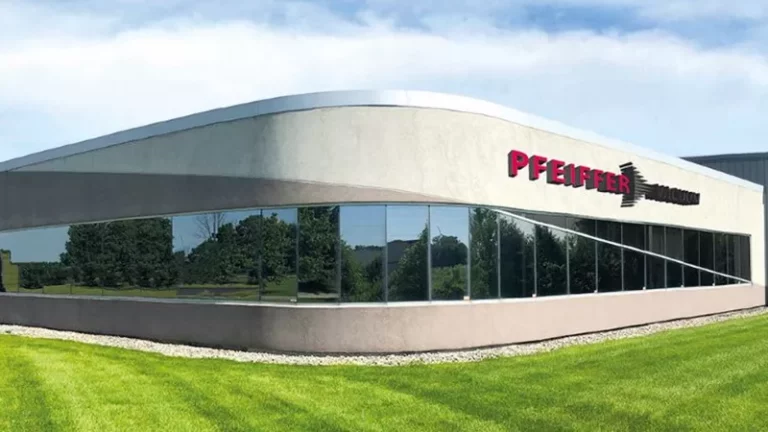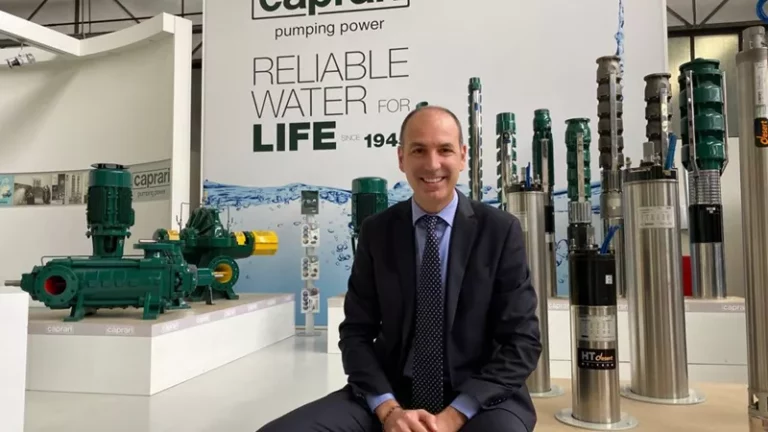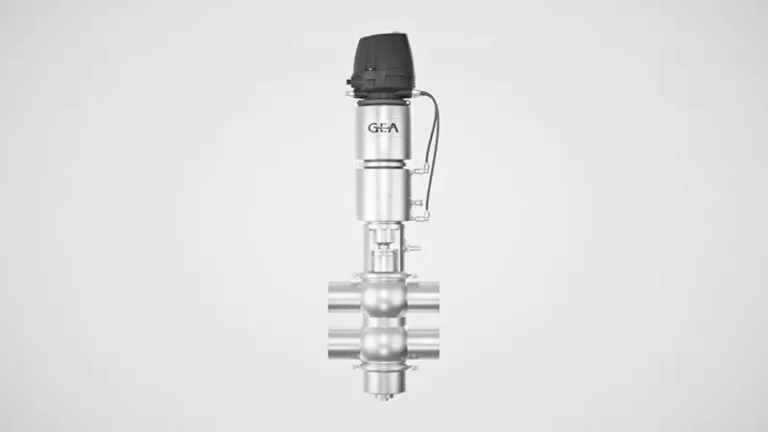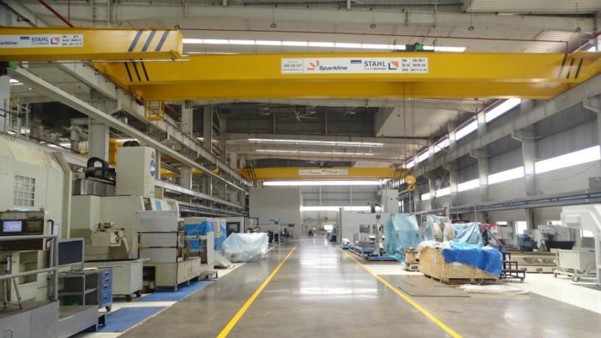Following its announcements of 5 May 2021 updating the New Industrial Strategy proposed in 2020, the European Commission has further indicated that it will rely quite heavily on industry to deliver on the major challenges faced by our economies and societies in Europe. This is particularly the case in relation to sustainability, digital transformation, and global competitiveness, as well as the need to overcome the crisis provoked by the Covid-19 pandemic. The EU Recovery and Resilience Plan launched in Spring 2021 is largely building on the capability of European industry to design and produce the building blocks of the twin green and digital transition. At the same time, the EU is shaping a dense regulatory framework that does not always support the freedom and flexibility needed for companies to grow and compete globally.
The European technology industries, and in particular our pumps, compressors, taps and valves sectors, have for a long time considered the enhancement of their global competitiveness within the challenges of societal and environmental challenges, notably by contributing to the preparation of energy efficiency and ecolabel regulations. In parallel, digitalisation has provided increased opportunities and brought new challenges, including debates on the appropriate regulatory level (sharing of industrial data, artificial intelligence, cybersecurity, etc).
These developments, amidst ever more fierce international competition, require that public authorities and industry in the EU work increasingly more closely to design and deploy strategies that reinforce our competitiveness and our contribution to the United Nations Sustainable Development Goals (SDGs). This will be the subject of the initial debate kicking off our Joint EU Policy Conference, which will bring together key policy makers from the three EU policy institutions in charge of the Industrial Strategy and three Executives representing and illustrating the achievements enjoyed, and challenges still faced, by these three key sectors of industry.
Specific Technical and Policy Issues
As the regulatory landscape across Europe, and indeed the whole world, becomes ever more complex, the burden on industry only increases. It therefore falls to sector specific trade organisations, such as Europump, CEIR and Pneurop, to identify and advise on those technical and policy issues most relevant to their respective sectors. In our particular arena, that relates, of course, to the manufacture, distribution and use of pumps and all pump related equipment – a huge and important subset of industry, given the width and breadth of pump applications.
Against this backdrop, one of the main considerations when determining the core themes for the joint conference was to maintain a direct reference to the United Nations Sustainable Development Goals (UN SDGs). Within this focus, the three associations intend to highlight how, together with the importance for companies to address technical aspects impacting their daily business operations, they consider the positive role of industry in addressing societal challenges. Indeed, all the sessions will have a technical theme matching the most appropriate UN SDG, and with representation from the European Commission along with technical experts from industry and/or research institutes, they will each be reflective of the current legislative terrain, as it relates to pumps and pumping systems in the following key areas:
- Circular Economy & Eco-design (Relevant UN Sustainable Development Goal no. 12: Responsible Consumption and Production)
- Industry’s Digital Transformation and Innovation (Relevant UN Sustainable Development Goal no. 9: Industry, Innovation, and Infrastructure)
- The restriction of use of materials and substances of concern (Relevant UN Sustainable Development Goal no. 6: Clean Water and Sanitation)
The regulatory and legislative landscape across Europe is becoming increasingly complex, and industry, in all its guises, needs to be aware and prepared for what is coming. By engaging with those trade organisations that represent your best interests, you can keep abreast of all the compliance developments as they affect your business and the areas in which you operate.
Europump’s 2022 Annual Meeting & Joint Conference will take place in Brussels on 9–11 May 2022 at the NH Collection Grand Sablon, Rue Bodenbroek – Bodenbroekstraat, 2, B-1000 Brussels, Belgium.
The full programme and registration process are available here.
Europump is the European Association of Pump Manufacturers. Established in 1960, it represents 16 National Associations. Europump members represent more than 450 companies with a collective production value of more than €10 billion and an employee base of 100 000 people across Europe.




















 Seepex has an installed base of more than 210 000 pumps. – Image: tang90246/Adobe Stock.
Seepex has an installed base of more than 210 000 pumps. – Image: tang90246/Adobe Stock. Kirloskar Brothers Ltd’s new Advanced Technology Product Division. –
Kirloskar Brothers Ltd’s new Advanced Technology Product Division. – – Image: Péter Mács/Adobe Stock.
– Image: Péter Mács/Adobe Stock.